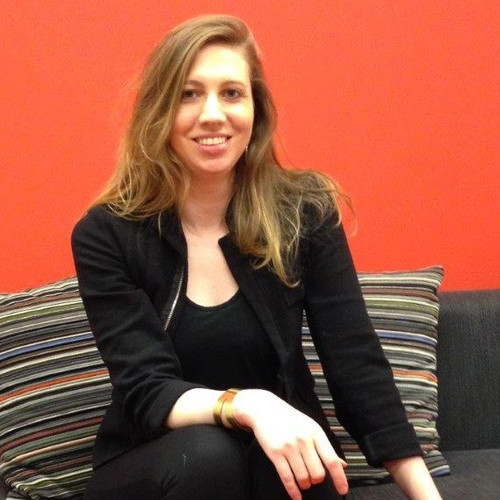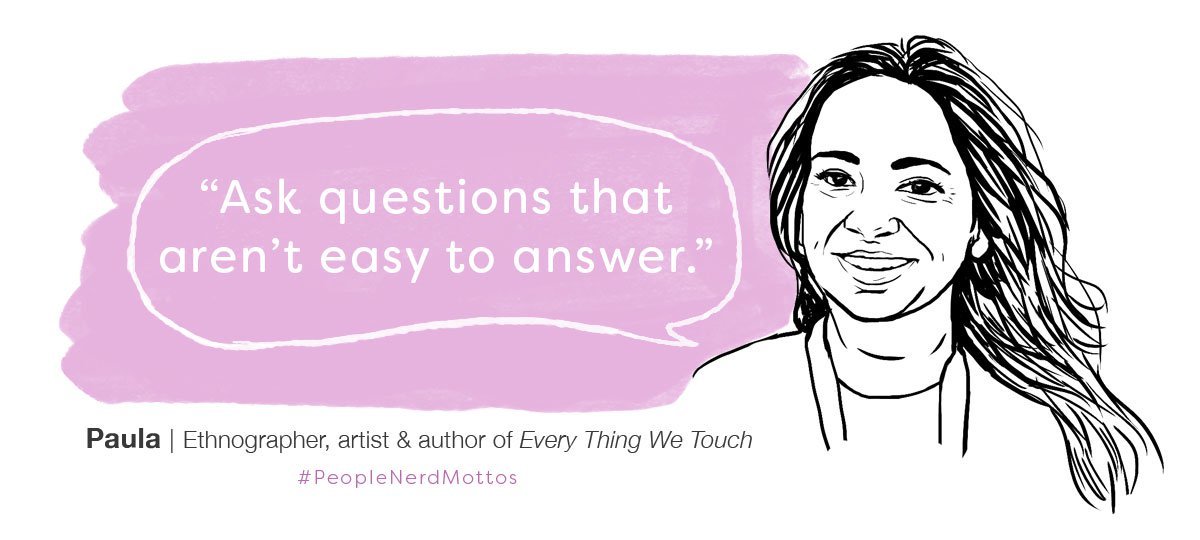Topics
June 7, 2017
.avif)


June 7, 2017
.avif)


Here at Dscout, we're not too shy to admit it: we're really into people. What motivates them, what excites them, what makes them tick. But as any true #PeopleNerd knows, real insight requires a certain level of finesse, a method to the madness. So we turned to the experts—the researchers, strategists, designers, storytellers, and professionally curious folks who study people for a living—and asked for their number one research rule. Here, a few tribe members share their own personal “E Pluribus Unum."

Why? Often, I find people—from my colleagues to client stakeholders—just aren’t aware of what they don't know. They base their decisions heavily on educated assumptions—assumptions that might be right, or might be totally wrong. My goal is to help them see the reality of all of the other layers they're not even aware they're not aware of.

Why? There's so much information available today from so many different sources. It can be so tempting and easy to rely on what's already been done to mine insights and craft a story. The reality is that nothing beats going straight to the source. The context you get from that type of interaction delivers living insights that are so much richer and more powerful than anything you could cobble together using previously published materials.

Why? I'm always searching for the truth. By pushing myself to think about alternative hypotheses and baselines for comparison, I can place any observation in context. That always helps get closer to the truth.

Why? We work very quickly, so we aren't as methodical as traditional researchers. But we still need to be able to stand by our results and recommendations. Sometimes we make assumptions and skip over things, but we’re always open to revisiting in more detail. There’s a cadence of pushing forward, and being willing to step back. It’s a fast and fearless approach combined with a fundamental humility.

Why? I feel like this is the one unchangeable law of the work I do. No matter who the project is about, it is not about me. I always want to be learning about others, other people, other groups, other experiences. And it doesn't matter what methodology is used. The goal is always to focus on the user.

Why? Validating a new product always comes with challenges, but that can be especially true in a new space like robotics. We conduct surveys and interviews, but to get really valuable feedback, you need to get prototypes with a certain level of fidelity into participants’ homes. That’s how you can really assess a consumer’s experience. It’s a tall order, (especially for a robot!), but you have to do it. Otherwise, you're assessing a concept that lives in people's imaginations, not one you can deliver today.

Why? It's shorthand for a bigger idea of motivated curiosity. As researchers, we want to know how we can facilitate the most natural, candid, and lively discussions about a client’s business. It's by asking provocative questions throughout a project. I take pride in always putting the discussion above the guide, and think analysis should be about building a strong case rather than trying to tell a story.

Why? My work is driven by curiosity, so I’m always looking for good questions. If we don’t ask good questions, we won’t even start to solve any problems. I’m interested in understanding why another person thinks the way they do. I don’t want to ask any questions that could be answered by Google—I want to learn about as many perspectives as I can, and the more people I can bring with me on that journey the better.

Why? Research is a very powerful tool, but in and of itself it isn’t the point. Research should help an organization evolve and grow, allow stakeholders to see the world in new ways, inspire ideas, inform decisions and align teams. Methodology and rigor matter, but only to the extent that they support these goals.
Carrie Neill is a New York based writer, editor, design advocate, bookworm, travel fiend, dessert enthusiast, and a fan of People Nerds everywhere.